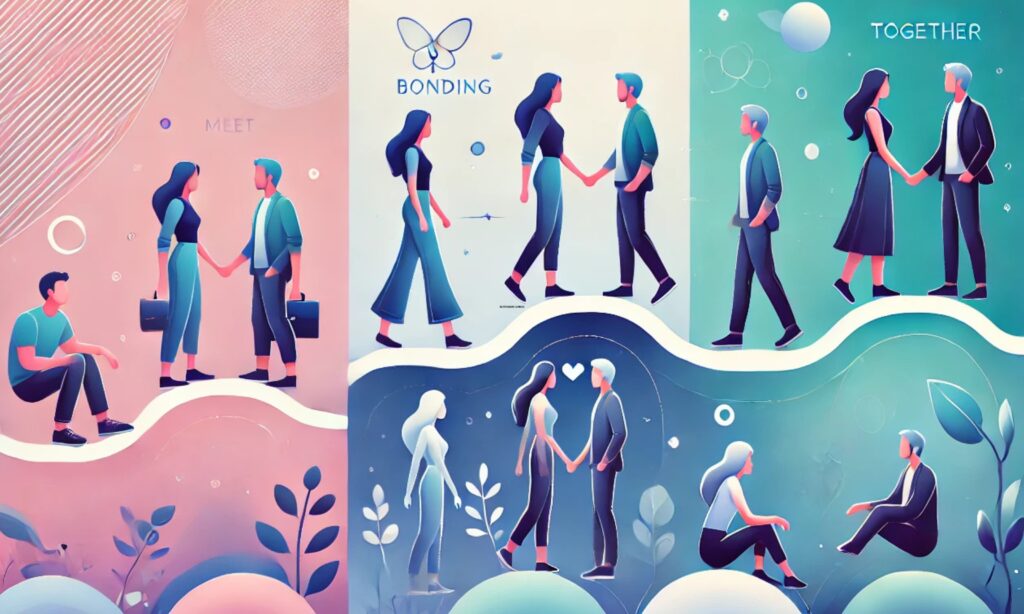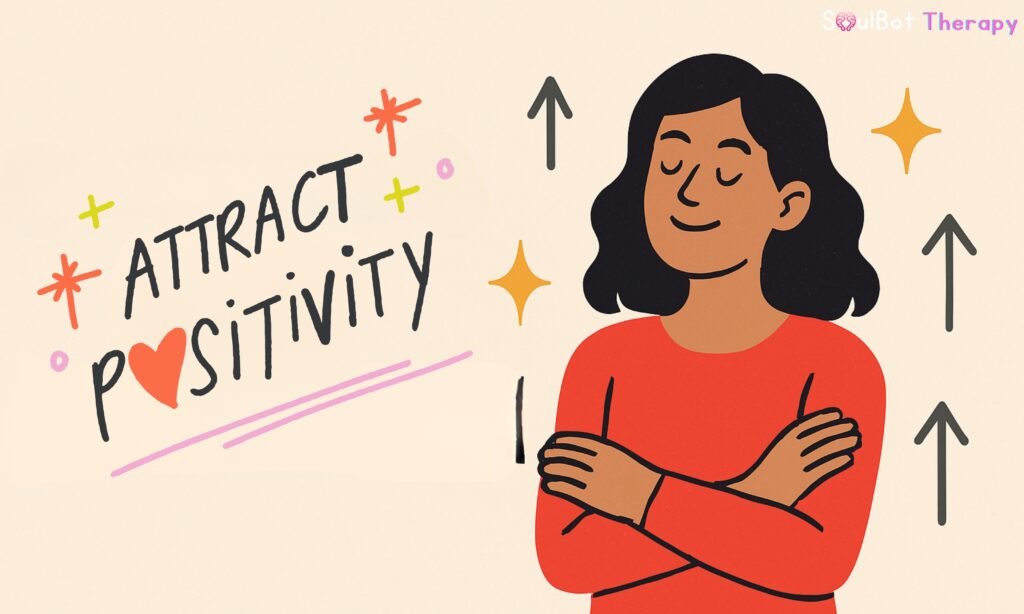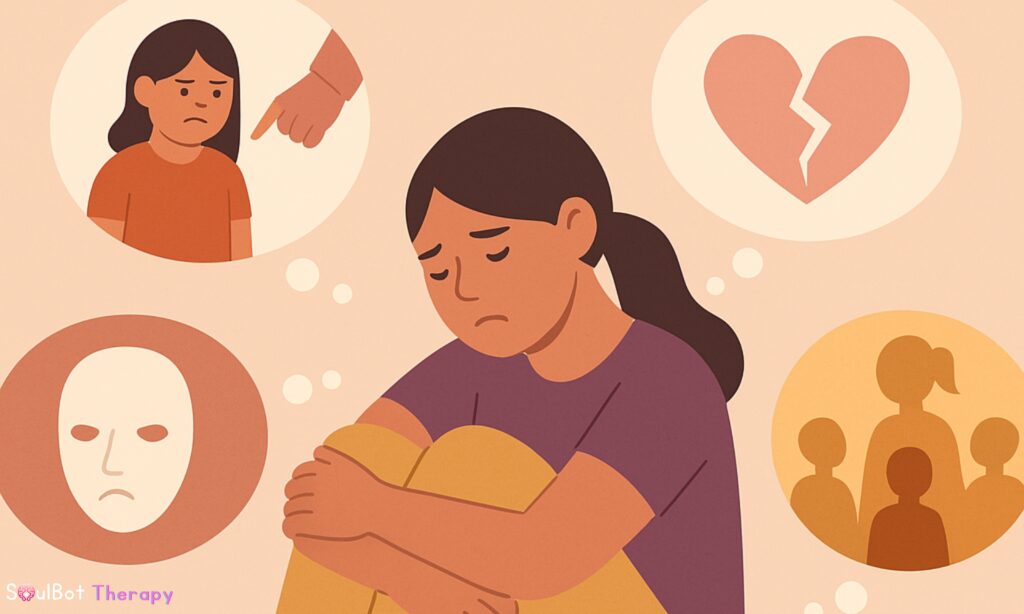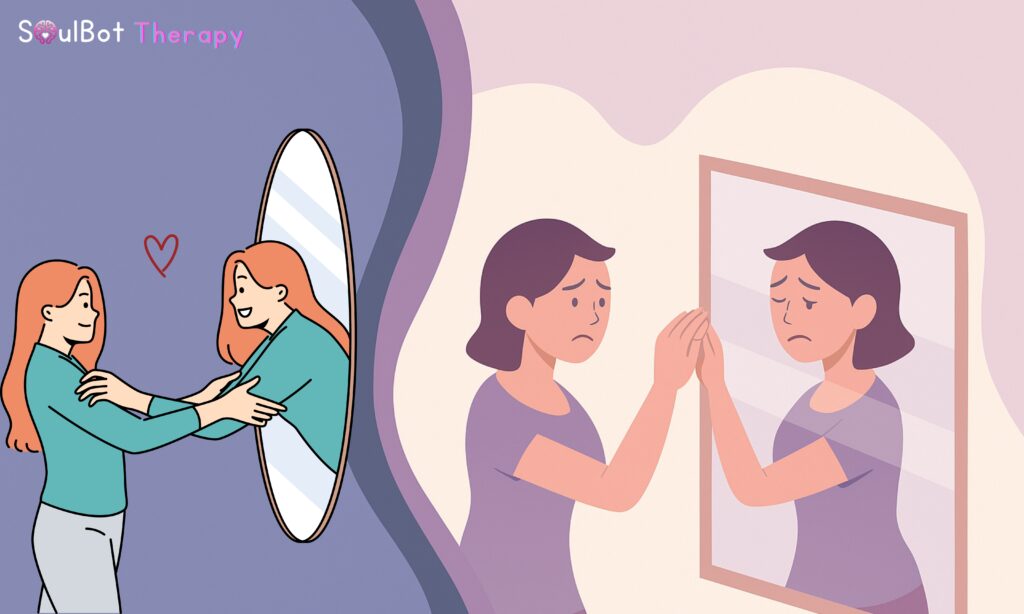Relationships are not static—they evolve, grow, and sometimes face challenges. Relationship changes are a natural part of life. These changes are common, whether it’s a shift in communication, evolving priorities, or an emotional disconnect. However, learning to cope with such shifts can make a significant difference. By adapting positively, you can strengthen your bond instead of allowing distance to grow. Let’s explore why relationships change, how to deal with change, and ways to adapt without losing yourself or your partner.
💬 Struggling with relationship changes? Let SoulBot, your AI Mental Health Companion, help you navigate emotions and communication.Why Do Relationships Change?
Every relationship experiences transitions. These shifts can be gradual or sudden, but they often stem from:
- Personal Growth: As individuals evolve, so do their needs and expectations in a relationship.
- Life Transitions: Career changes, moving cities, marriage, or parenthood can impact dynamics.
- Communication Shifts: Partners may communicate differently over time due to external stressors or emotional shifts.
- Emotional Changes: The intensity of emotions may fluctuate, requiring effort to maintain a connection.
- External Influences: Family, social circles, and cultural factors play a role in shaping relationships.
💡Fact: Studies from The Gottman Institute suggest that open communication and adaptability are key to maintaining healthy relationships through changes.

Types of Relationship Changes
While not all relationship changes are negative, some can signify growth and positive development. On the other hand, certain changes may reveal areas that require attention and improvement. Here are common types of changes:
1️⃣ Emotional Distance
- Sometimes, partners drift apart emotionally due to stress, routine, or unresolved conflicts.
- How to deal with change: Prioritize quality time, open discussions, and active listening.
- Emotional intelligence plays a crucial role in navigating relationship changes. Learn how emotional intelligence strengthens relationships and builds trust.
2️⃣ Changing Priorities
- Career shifts, personal goals, or family responsibilities can shift relationship dynamics.
- Coping with change: Set mutual goals and communicate expectations clearly.
3️⃣ Communication Breakdown
- Misunderstandings or lack of deep conversations can lead to frustration.
- How to cope with change: Learn each other’s communication styles and establish healthy discussion habits.
4️⃣ New Phases of Love
- Love evolves from passion to deeper companionship.
- Dealing with change: Accept the transition and nurture emotional intimacy in new ways.
💡Fact: Research from Psychology Today highlights that couples embracing change have higher relationship satisfaction.
How to Cope with Relationship Change?
1️⃣ Acknowledge Change is Inevitable
- Recognizing that relationships change helps ease anxiety and resistance.
2️⃣ Communicate Openly
- Honest discussions about expectations, feelings, and concerns prevent misunderstandings.
3️⃣ Adapt Together
- Instead of resisting, find ways to grow as a couple while maintaining individuality.
4️⃣ Seek Support When Needed
- If changes feel overwhelming, consider professional guidance such as counseling or an AI Mental Health Companion for relationship insights.
💡Fact: According to Wikipedia emotional adaptability is critical to successful long-term relationships.
Conclusion: Embracing Stronger Relationship Change
Change is inevitable, but it doesn’t have to weaken a relationship. By understanding how relationships change, practicing open communication, and adapting together, couples can build a more resilient bond. Whether navigating new challenges or deepening your emotional connection, embracing change with a positive mindset is the key to lasting love.
🧠 Strengthen your relationship today! Get expert insights from AI Therapy and Free Online Counseling to manage change effectively.FAQs
1. Why do relationships change over time?
Life experiences, personal growth, and external factors contribute to evolving relationship dynamics.
2. How do I deal with change in a relationship?
Acknowledge the shift, communicate openly, and find ways to adapt together.
3. Can change be suitable for a relationship?
Yes! Change often leads to deeper emotional connections and personal growth if managed well.
4. What if my partner isn’t handling change well?
Encourage open discussions, validate their feelings, and consider external support like counseling.
5. How can I strengthen my relationship during changes?
Prioritize communication, quality time, and shared experiences to maintain a strong bond.




